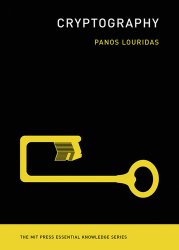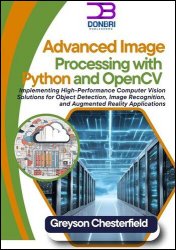- Добавил: literator
- Дата: 28-10-2024, 11:00
- Комментариев: 0
 Название: Head First C#: A Learner's Guide to Real-World Programming with C# and .NET, 5th Edition (Final)
Название: Head First C#: A Learner's Guide to Real-World Programming with C# and .NET, 5th Edition (Final)Автор: Andrew Stellman, Jennifer Greene
Издательство: O’Reilly Media, Inc.
Год: 2024
Страниц: 838
Язык: английский
Формат: pdf (true)
Размер: 55.6 MB
What will you learn from this book? Create apps, games, and more using this engaging, highly visual introduction to C#, .NET, and Visual Studio. In the first chapter you'll dive right in, building a fully functional game using C# and .NET MAUI that can run on Windows, Mac, and even Android and iOS devices. You'll learn how to use classes and object-oriented programming, create 3D games in Unity, and query data with LINQ. And you'll do it all by solving puzzles, doing hands-on exercises, and building real-world applications. Interested in a development career? You'll learn important development techniques and ideas—many who learned to code with this book are now professional developers, team leads, coding streamers, and more. There's no experience required except the desire to learn. And this is the best place to start. Do all the exercises! The one big assumption that we made when we wrote this book is that you want to learn how to program in C#. So we know you want to get your hands dirty right away, and dig right into the code. We gave you a lot of opportunities to sharpen your skills by putting exercises in every chapter. We’ve labeled some of them “Do this!”—when you see that, it means that we’ll walk you through all of the steps to solve a particular problem. But when you see the Exercise logo with the running shoes, then we’ve left a big portion of the problem up to you to solve, and we gave you the solution that we came up with. Don’t be afraid to peek at the solution—it’s not cheating! But you’ll learn the most if you try to solve the problem first. We’ve also included all the exercise solutions’ source code with the rest of the code from this book.

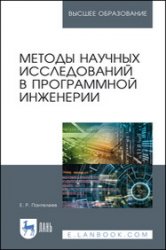
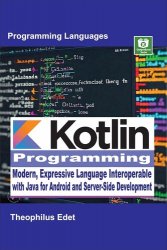
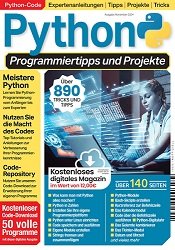 Название: Python Programmiertipps und Projekte
Название: Python Programmiertipps und Projekte